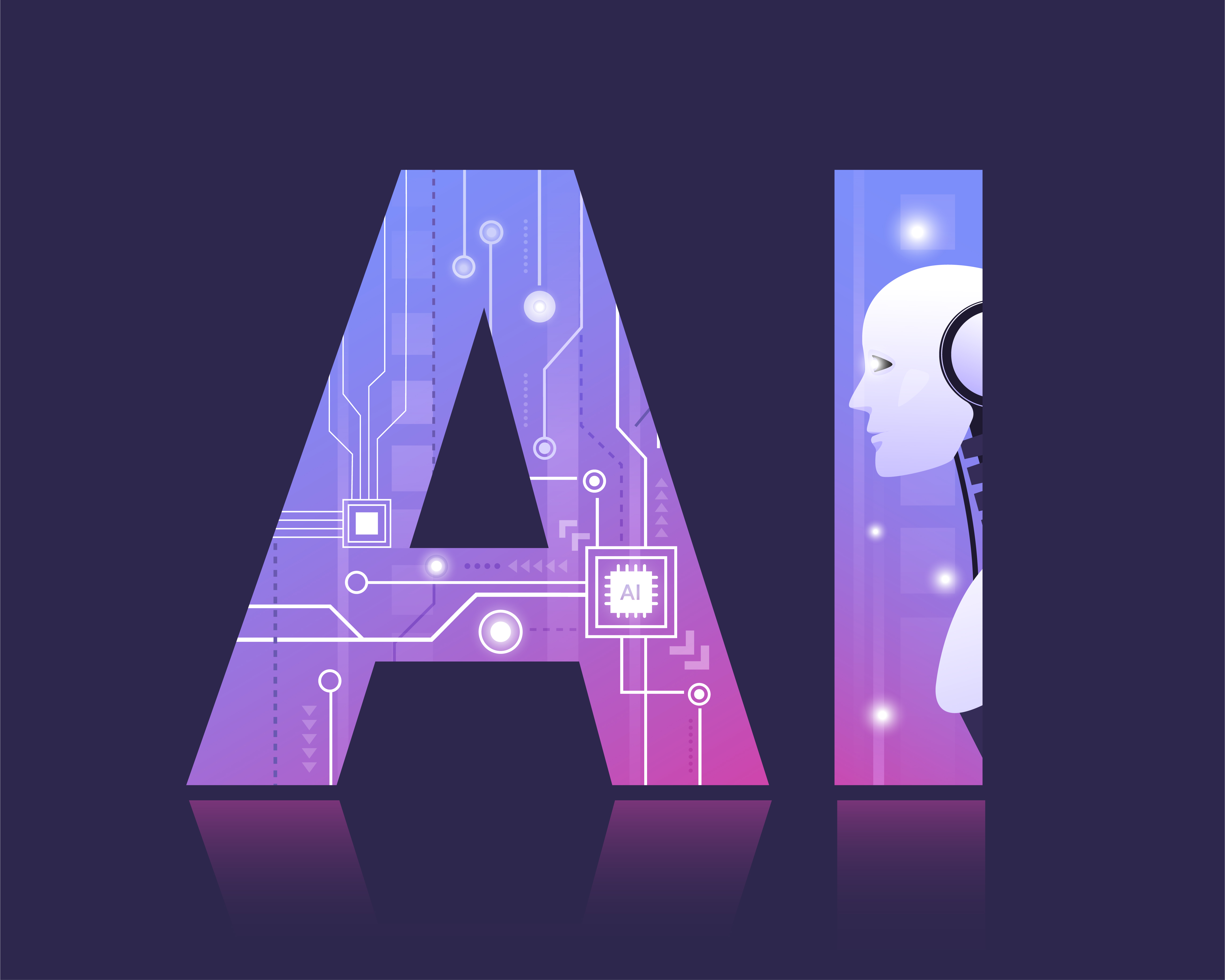Top AI/ML Careers to Pursue in 2024

AI is one of the most transformative technologies of the 21st century.
The transformative potential of AI is continually expanding as research and development in the field progress. Its ability to analyse vast amounts of data, learn from patterns, and make informed decisions has positioned AI as a cornerstone technology for addressing complex challenges and driving innovation in the 21st century
The interdisciplinary nature of machine learning, combining statistics, computer science, and domain-specific knowledge, positions it as a versatile and powerful tool for solving complex problems and driving innovation across diverse sectors. As technology continues to advance, machine learning is expected to play an even more integral role in shaping the future of various industries.
What is the role of AI and ML?
It's no secret that data is becoming an increasingly valuable business asset, with the amount of data generated and stored on a global scale growing at an exponential rate. Of course, collecting data is pointless if nothing is done with it, but these massive amounts of data are simply unmanageable without the assistance of automated systems.
Artificial intelligence, machine learning, and deep learning enable organizations to extract value from massive amounts of data by providing business insights, automating tasks, and advancing system capabilities. AI career has the potential to transform all aspects of a business by assisting them in achieving measurable results such as:
- Increasing customer satisfaction
- Providing distinct digital services
- Improving current business services
- Automation of business operations
- Increased revenue
- Cost reduction
Top AI/ML Careers to Pursue in 2024
- Machine Learning Engineer: A Machine Learning Engineer is a professional who specializes in designing and implementing machine learning systems and algorithms. This role typically involves working with large datasets, building and training models, and deploying them to make predictions or automate decision-making processes.
- Al Research Scientist: An AI Research Scientist is a professional who engages in advanced research and development in the field of artificial intelligence. AI Research Scientists are often employed by research institutions, tech companies, and academia. They contribute to pushing the boundaries of AI knowledge and often work on cutting-edge projects with the potential to shape the future of artificial intelligence.
- Robotics Engineer: A Robotics Engineer is a professional who designs, builds, and maintains robotic systems. This interdisciplinary role combines elements of mechanical engineering, electrical engineering, computer science, and sometimes other fields, depending on the specific applications of the robots.
- NLP Specialist: A Natural Language Processing (NLP) Specialist is a professional who specializes in working with natural language technologies, which involve the interaction between computers and human (natural) languages. NLP specialists often work on tasks such as language understanding, language generation, and language translation.
- Al Ethics Expert: An AI Ethics Expert is a professional who specializes in the ethical considerations and responsible development and deployment of artificial intelligence (AI) technologies. This role involves addressing ethical challenges associated with AI, ensuring fairness, transparency, accountability, and adherence to ethical principles throughout the AI development life cycle.
- Al Product Manager: An AI Product Manager is a professional responsible for overseeing the development, implementation, and success of artificial intelligence (AI) products within an organization. This role involves understanding market needs, defining product features, and collaborating with cross-functional teams to bring AI products to market.
- Data Scientist: A Data Scientist is a professional who specializes in extracting insights and knowledge from structured and unstructured data. This role involves a combination of skills from statistics, mathematics, computer science, and domain expertise to analyze complex datasets and provide valuable insights for decision-making.
- Computer Vision Engineer: A Computer Vision Engineer is a professional who specializes in developing and implementing computer vision systems, which enable machines to interpret and understand visual information from the world. This involves tasks such as image and video analysis, object detection, facial recognition, and image classification.
DISCOVER ALL AI AND ML CERTIFICATIONS FOR 2024